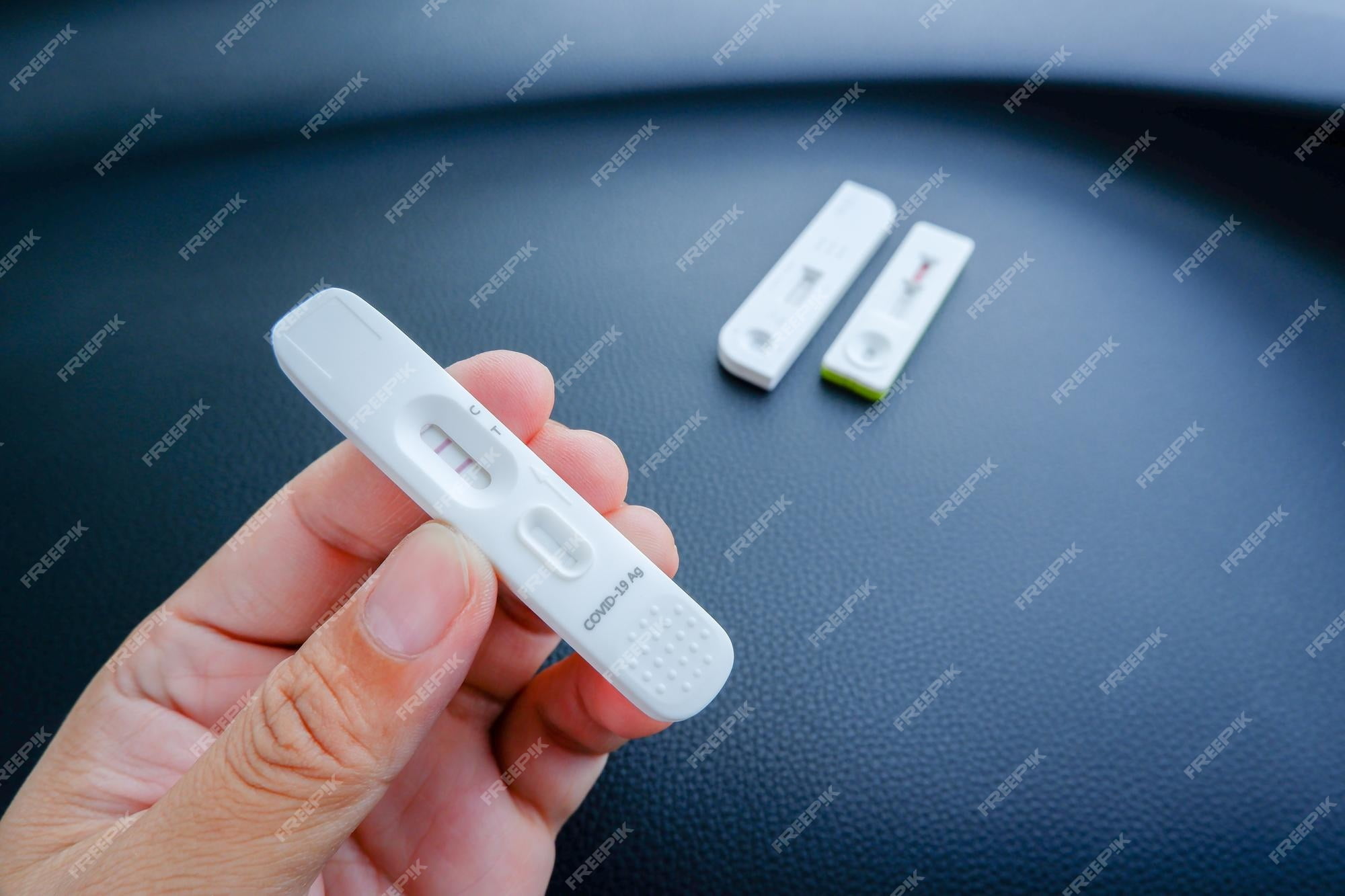
Cassette pregnancy tests have become increasingly popular for women who want an accurate and convenient way to determine their pregnancy status. In this article, we will explore the ins and outs of cassette pregnancy tests, discussing how they work, their benefits, accuracy, and when and how to use them.
Contents
- 1 What is a Cassette Pregnancy Test?
- 2 How Does a Cassette Pregnancy Test Work?
- 3 Benefits of Cassette Pregnancy Tests
- 4 Are Cassette Pregnancy Tests Accurate?
- 5 When to Use a Cassette Pregnancy Test
- 6 Steps to Take When Using a Cassette Pregnancy Test
- 7 Reading the Results
- 8 Interpreting Faint Lines on Cassette Pregnancy Tests
- 9 Common Mistakes to Avoid
- 10 Advantages Over Traditional Pregnancy Tests
- 11 What to Do After a Positive Result
- 12 What to Do After a Negative Result
- 13 Frequently Asked Questions (FAQs)
- 14 Conclusion
What is a Cassette Pregnancy Test?
A cassette pregnancy test is a type of home pregnancy test that detects the presence of the human chorionic gonadotropin (hCG) hormone in a woman’s urine. It comes in a small, flat, plastic case or cassette, hence the name. These tests are designed for easy use, offering a quick and reliable way to confirm pregnancy in the comfort of your own home.
How Does a Cassette Pregnancy Test Work?
Cassette pregnancy tests work by detecting hCG, a hormone produced during pregnancy. When a woman becomes pregnant, her body starts to produce hCG, which is then released into the urine. The cassette contains a specialized strip that reacts to the presence of hCG. When urine is applied to the designated area on the cassette, it migrates through the strip, and if hCG is present, it triggers a reaction that produces visible lines on the test, indicating a positive result.
Benefits of Cassette Pregnancy Tests
- Accuracy: Cassette pregnancy tests are known for their high accuracy, with results comparable to laboratory tests.
- Convenience: These tests are easy to use and provide quick results in the privacy of your home.
- Affordability: Cassette pregnancy tests are cost-effective, making them accessible to a wide range of women.
- Early Detection: Some cassette tests can detect pregnancy as early as seven to ten days after conception.
- Clear Results: The results are easy to read with clear line indicators.
Are Cassette Pregnancy Tests Accurate?
Yes, cassette pregnancy tests are highly accurate when used correctly. They have a similar accuracy rate to the tests conducted in medical facilities. However, the accuracy of any pregnancy test depends on following the instructions carefully and testing at the right time.
When to Use a Cassette Pregnancy Test
Cassette pregnancy tests are typically used after a missed period. This ensures the most accurate results as hCG levels increase significantly during early pregnancy. However, some tests can detect pregnancy a few days before your expected period, so check the product instructions for guidance.
Steps to Take When Using a Cassette Pregnancy Test
- Read the Instructions: Carefully read the instructions provided with the test.
- Collect Urine: Use a clean cup to collect a urine sample.
- Apply Urine to the Cassette: Place a few drops of urine in the designated area on the cassette.
- Wait for Results: Most tests will provide results within a few minutes.
Reading the Results
A positive result is indicated by the appearance of two lines on the cassette, typically one as the control line and another as the test line. A single line in the control area indicates a negative result.
Interpreting Faint Lines on Cassette Pregnancy Tests
Faint lines can sometimes appear on cassette pregnancy tests. A faint line is still a positive result and may indicate early pregnancy or lower hCG levels. It’s recommended to repeat the test after a few days for confirmation.
Common Mistakes to Avoid
To ensure accurate results, avoid common mistakes such as using an expired test, not following the instructions, or reading the results too early or too late.
Advantages Over Traditional Pregnancy Tests
Cassette pregnancy tests offer advantages over traditional tests, including early detection, accuracy, and the ability to take the test in the privacy of your home.
What to Do After a Positive Result
If your cassette pregnancy test shows a positive result, it’s important to schedule an appointment with a healthcare professional to confirm the pregnancy and discuss your next steps.
What to Do After a Negative Result
A negative result may indicate that you are not pregnant or that you tested too early. If you still suspect you may be pregnant, wait a few days and retest. If you continue to receive negative results and your period doesn’t start, consult a healthcare provider.
Frequently Asked Questions (FAQs)
- How soon can I use a cassette pregnancy test after a missed period?
- Most tests can be used after a missed period, but some claim early detection a few days before your expected period.
- Can a cassette pregnancy test give a false positive result?
- False positives are rare but can occur if the test is not used correctly. Always follow the instructions.
- Are cassette pregnancy tests as accurate as lab tests?
- Yes, cassette pregnancy tests are known for their accuracy, similar to laboratory tests.
- Can medications or medical conditions affect the results of a cassette pregnancy test?
- Some medications and medical conditions can affect hCG levels, potentially impacting the test results. Consult with a healthcare professional if you have concerns.
- What should I do if my results are unclear or confusing?
- If you have trouble interpreting your results, consult with a healthcare provider for clarification.
Conclusion
Cassette pregnancy tests offer women a reliable and convenient way to determine pregnancy status. They are highly accurate when used correctly and provide results quickly. If you suspect you might be pregnant, using a cassette pregnancy test can help you take the first step in confirming your pregnancy.




